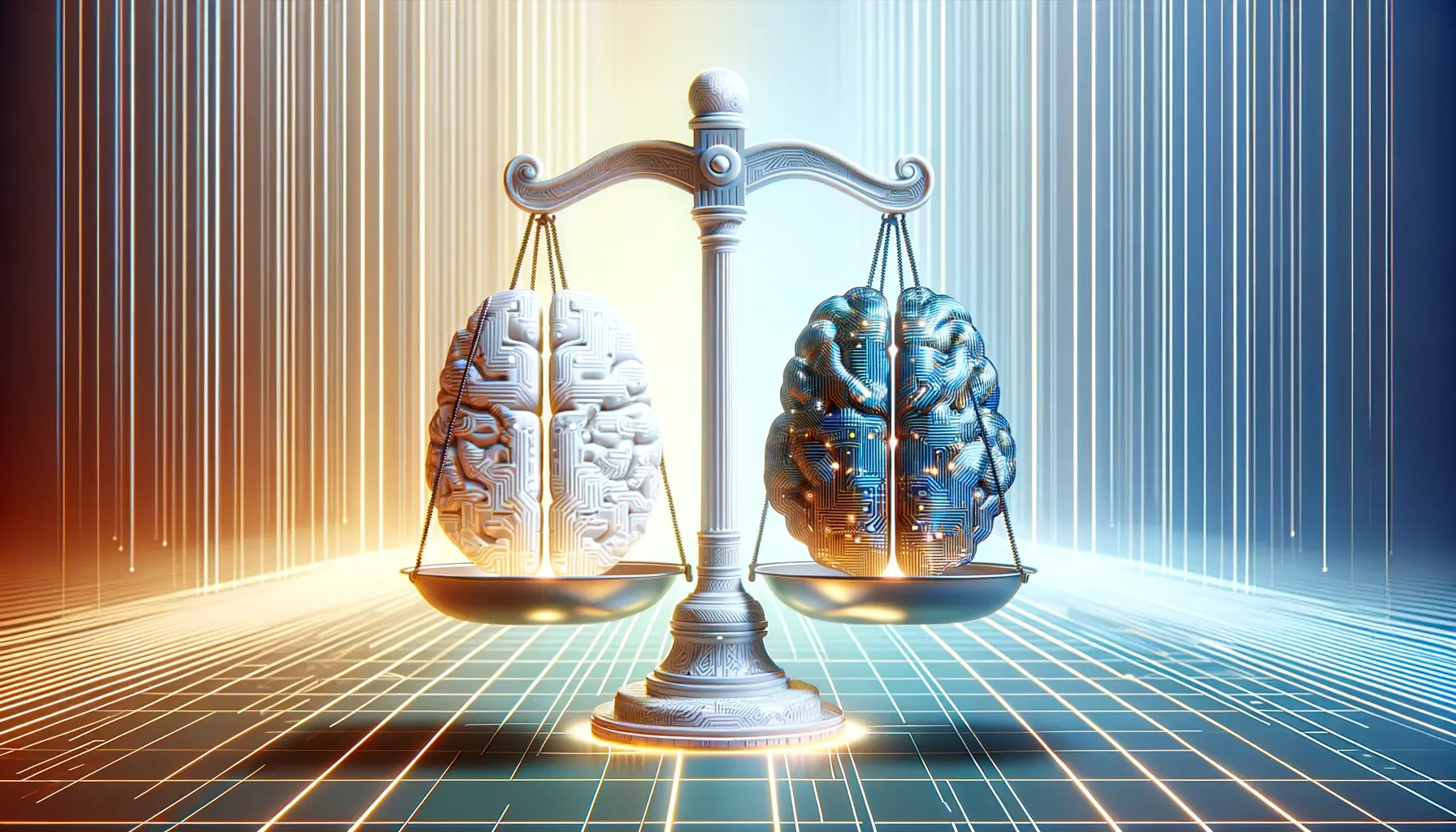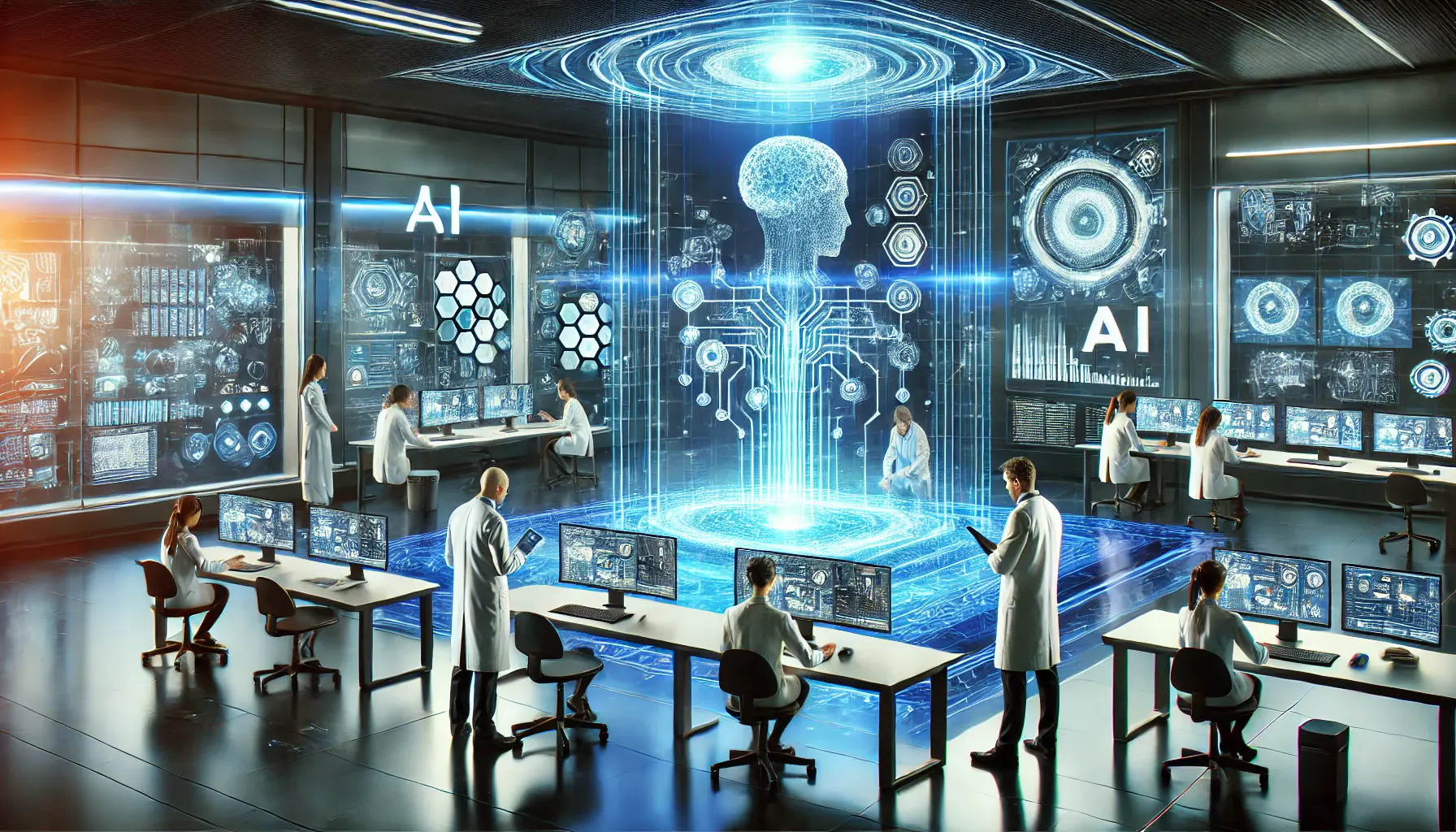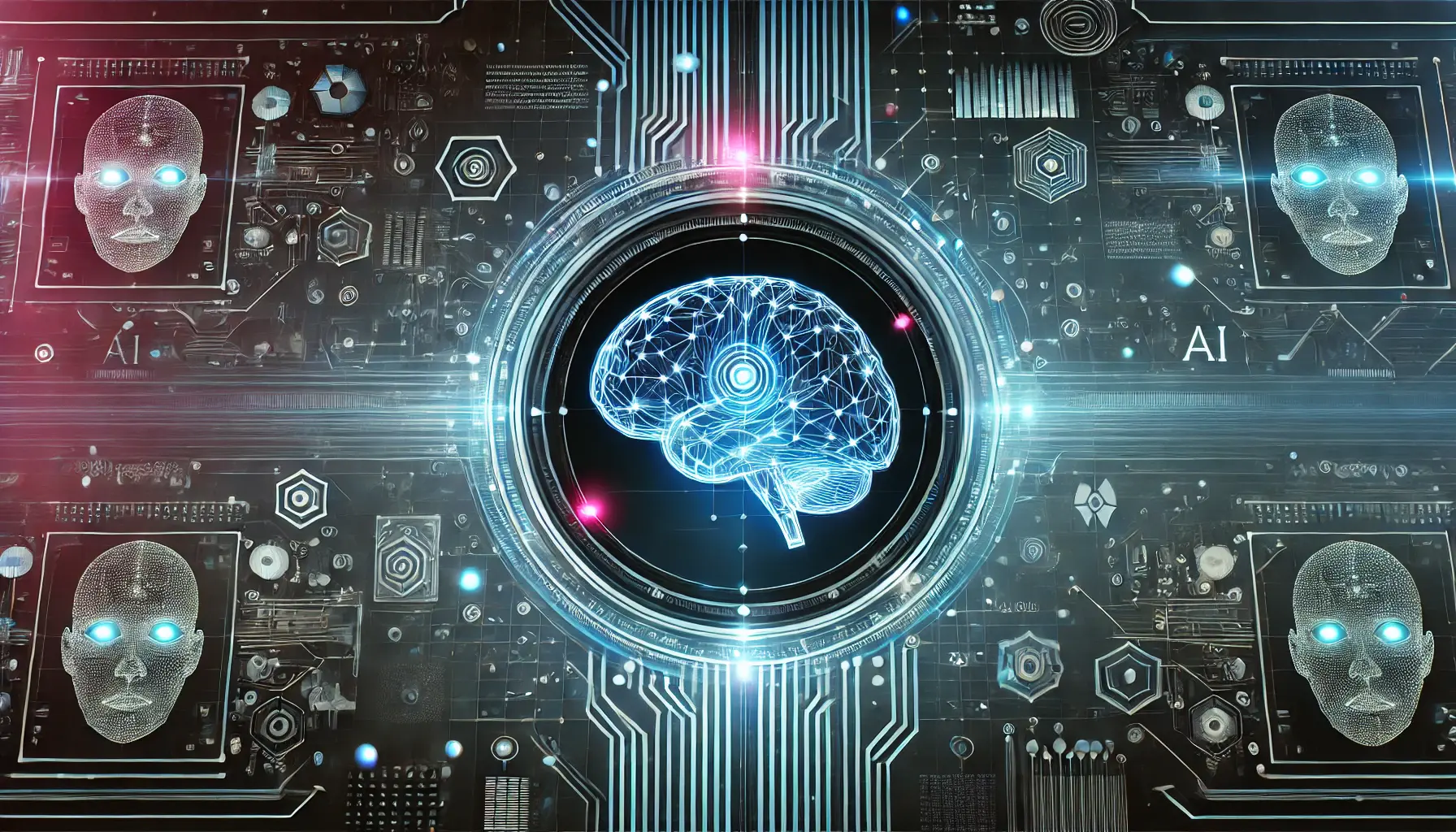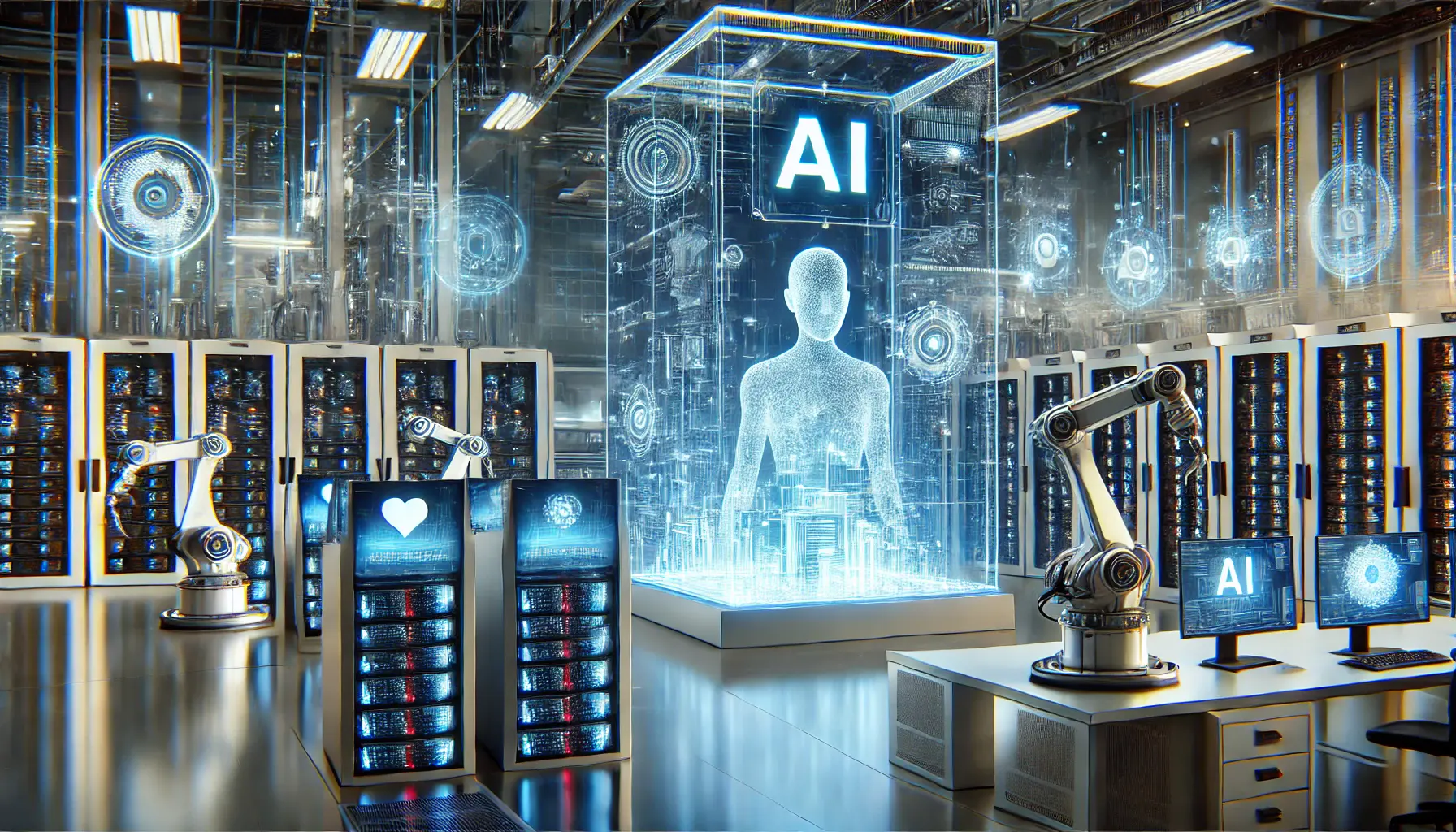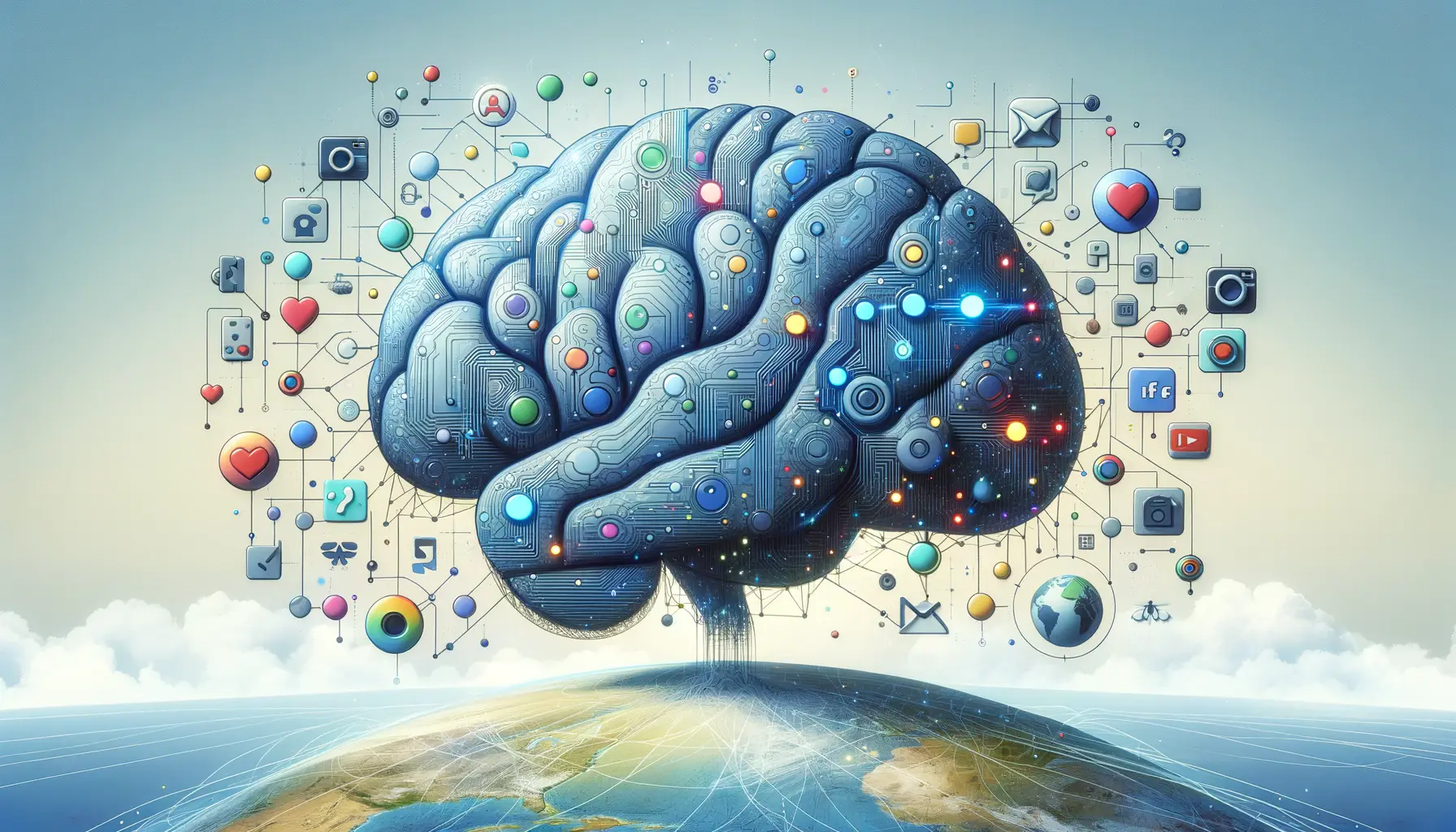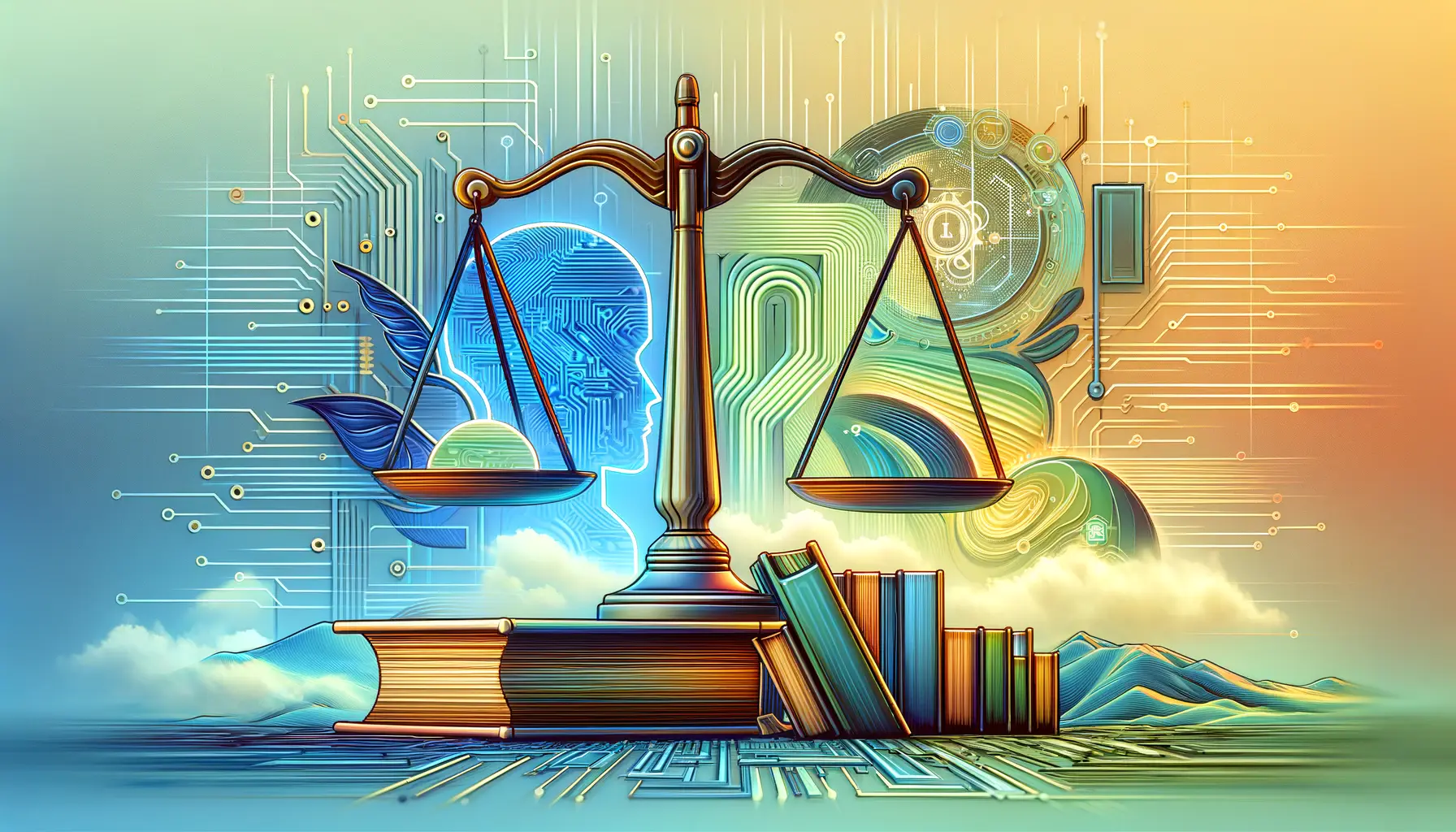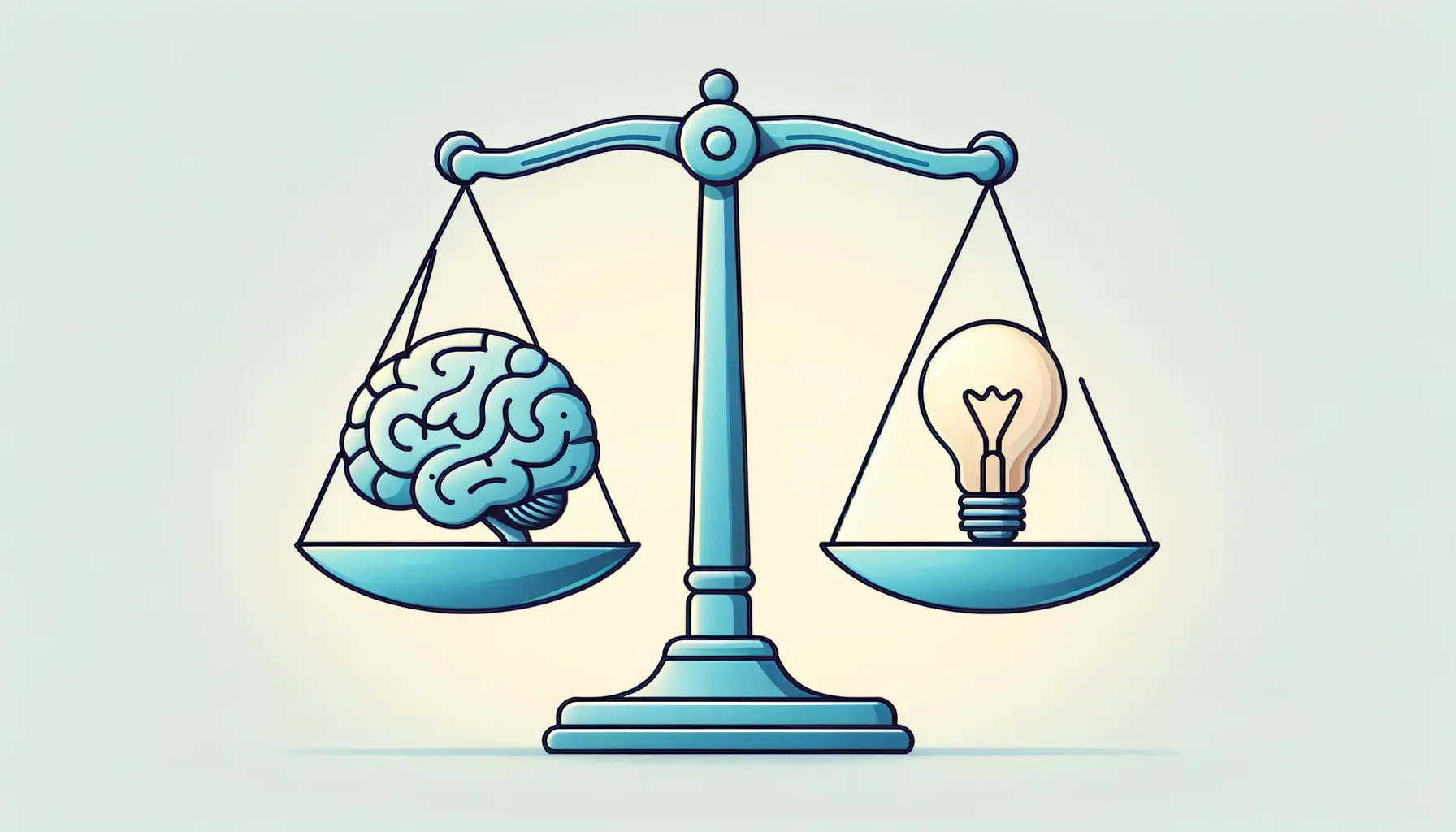The advent of artificial intelligence (AI) has ushered in a new era of technological innovation, with Google’s Bard standing at the forefront of this revolution.
As a cutting-edge language model, Bard promises to transform how we interact with the digital world, offering unprecedented capabilities in generating human-like text based on the vast expanse of information available online.
However, the rapid development and deployment of such technologies raise significant ethical considerations that must be addressed to ensure their beneficial integration into society.
At the heart of the discussion on AI ethics, particularly concerning Google’s Bard, lies the challenge of balancing innovation with responsibility.
The ethical deployment of AI tools like Bard involves scrutinizing their potential impact on privacy, misinformation, bias, and the broader societal implications.
This article aims to delve deep into these issues, offering insights into the ethical landscape surrounding Google’s Bard and how it shapes our digital future.
- Ethical Landscape
- Addressing Misinformation and Accountability
- Impact on Employment and the Workforce
- Enhancing Creativity and Innovation
- Global Accessibility and Digital Divide
- Regulatory Frameworks and Ethical Governance
- Future Directions and Ethical Considerations
- Embracing the Ethical Future of AI
- FAQs on the Ethics of AI and Google’s Bard
Ethical Landscape
The Challenge of Bias and Fairness
The issue of bias in AI systems like Google’s Bard is a critical ethical concern.
Bias can manifest in various forms, from the data used to train these models to the algorithms that process this information.
The potential for AI to perpetuate or even exacerbate existing societal biases poses a significant challenge, necessitating rigorous ethical scrutiny and corrective measures.
Efforts to mitigate bias in AI must be comprehensive, involving diverse datasets and inclusive design principles that reflect the multifaceted nature of human society.
Mitigating bias in AI is not just a technical challenge but a moral imperative.
This involves not only the technical teams behind AI systems but also policymakers, ethicists, and the broader community in a collaborative effort to shape an equitable digital future.
Privacy Concerns and Data Security
Another paramount ethical consideration is the protection of privacy and data security.
As AI systems like Bard process vast amounts of personal and sensitive information, the potential for misuse or unintended exposure of data is a significant risk.
Ensuring the confidentiality and integrity of user data is crucial, necessitating robust security measures and transparent data handling practices.
This includes clear communication with users about how their data is used and the safeguards in place to protect their privacy.
The balance between leveraging data for AI advancements and safeguarding individual privacy rights is delicate.
It requires a nuanced approach that respects user autonomy while fostering innovation.
Developing ethical guidelines and regulatory frameworks that address these concerns is essential for the responsible use of AI technologies like Google’s Bard, ensuring they serve the public good while protecting individual rights.
Addressing Misinformation and Accountability
In the realm of AI ethics, the battle against misinformation stands as a formidable challenge, especially with tools as powerful as Google’s Bard.
The capacity of AI to generate convincing yet potentially inaccurate or misleading content necessitates a robust framework for ensuring accuracy and accountability.
This section explores the strategies and considerations involved in combating misinformation while upholding the integrity of information disseminated by AI systems.
Strategies to Combat Misinformation
The fight against misinformation in AI-generated content involves multiple strategies, each aimed at enhancing the reliability and trustworthiness of the information.
These include:
- Advanced Fact-Checking: Implementing sophisticated fact-checking algorithms that cross-reference AI outputs with credible sources to ensure accuracy.
- User Feedback Mechanisms: Encouraging user engagement in identifying and reporting inaccuracies, thereby creating a collaborative environment for maintaining content integrity.
- Transparency in AI Operations: Providing clear insights into how AI models like Bard generate their responses, fostering a better understanding and trust among users.
Transparency and user engagement are pivotal in the fight against misinformation.
Ensuring Accountability in AI Systems
Accountability in AI, particularly for systems as influential as Google’s Bard, is about establishing clear lines of responsibility for the content generated and the decisions made by these technologies.
This involves:
- Creating clear guidelines and standards for AI content generation, ensuring that outputs align with ethical and factual standards.
- Developing mechanisms for tracing AI decisions back to their source, allowing for accountability in cases of errors or ethical breaches.
- Engaging in continuous ethical review and oversight by independent bodies to monitor AI systems’ adherence to ethical guidelines.
The establishment of accountability measures is crucial for maintaining public trust in AI technologies.
It ensures that AI developers and operators remain responsible for the outputs of their systems, fostering a culture of responsibility and ethical awareness in the AI community.
Impact on Employment and the Workforce
The integration of AI technologies like Google’s Bard into various sectors has sparked a significant debate regarding their impact on employment and the workforce.
While AI offers the potential to automate routine tasks and enhance productivity, it also raises concerns about job displacement and the future of work.
This section examines the dual aspects of AI’s impact on employment, exploring both the opportunities and challenges it presents.
The advent of AI has the potential to transform industries by automating tasks, leading to efficiency gains and the creation of new types of jobs.
However, this technological shift also necessitates a reevaluation of the skills workforce needs to thrive in an AI-driven future.
Opportunities Presented by AI
AI technologies, including Google’s Bard, can augment human capabilities, leading to improved efficiency and innovation.
Opportunities include:
- Job Creation: The development and maintenance of AI systems can create new job categories, particularly in tech, data analysis, and AI ethics.
- Enhanced Productivity: By automating routine tasks, AI allows workers to focus on complex, value-added activities, potentially leading to higher job satisfaction and productivity.
- Workplace Innovation: AI can introduce new tools and processes that transform traditional business models, opening up novel avenues for growth and development.
Challenges and Mitigation Strategies
Despite the opportunities, the displacement of jobs due to AI automation is a significant concern.
Strategies to mitigate these challenges include:
- Reskilling and Upskilling Programs: Investing in education and training programs to equip the workforce with the skills needed in an AI-driven economy.
- Policy Interventions: Implementing policies that support workers displaced by AI, such as unemployment benefits, job matching services, and transition programs.
- Stakeholder Collaboration: Encouraging collaboration between governments, businesses, and educational institutions to create a cohesive strategy for workforce transformation.
The future of work in the age of AI will be shaped by our ability to adapt and innovate, ensuring that the benefits of AI are equitably distributed across society.
Enhancing Creativity and Innovation
The emergence of AI technologies like Google’s Bard has sparked a fascinating debate on their role in enhancing human creativity and innovation.
Far from merely automating tasks, AI has the potential to act as a catalyst for creative endeavors, offering new tools and perspectives that can transform various fields.
This part explores how AI can augment human creativity, the implications for innovation across industries, and the ethical considerations that accompany this potential.
AI’s ability to process and analyze vast amounts of data at unprecedented speeds allows it to identify patterns and generate insights beyond human capability.
This capability, when harnessed correctly, can significantly enhance creative processes, leading to innovative solutions and breakthroughs.
Augmenting Human Creativity
AI technologies, including Bard, can complement human creativity in several ways:
- Inspiration Generation: AI can generate ideas and concepts based on a wide array of inputs, providing a rich source of inspiration for human creators.
- Efficiency in Creation: By automating certain aspects of the creative process, AI allows creators to focus on the core elements of their work, enhancing productivity and creativity.
- Expanding Creative Boundaries: AI can introduce creators to new techniques and possibilities, pushing the boundaries of what is considered achievable in art, design, and other creative fields.
Implications for Innovation
The integration of AI into creative processes has profound implications for innovation across industries:
- Accelerated Innovation Cycles: AI can speed up the innovation process, from ideation to execution, enabling faster development of new products and services.
- Democratization of Creativity: AI tools can make creative capabilities more accessible, lowering barriers to entry for individuals and small teams to innovate.
- Interdisciplinary Innovation: By bridging different fields of knowledge, AI facilitates interdisciplinary approaches to problem-solving, leading to more holistic and impactful innovations.
The synergy between human creativity and AI holds the key to unlocking new realms of innovation, challenging us to reimagine the boundaries of what is possible.
Global Accessibility and Digital Divide
The proliferation of AI technologies like Google’s Bard has the potential to significantly impact global accessibility and the digital divide.
While these advancements promise to democratize access to information and services, they also risk exacerbating existing inequalities if not carefully managed.
This section explores the dual nature of AI’s impact on global accessibility and strategies to ensure that the benefits of AI are equitably distributed.
AI has the power to transform lives by providing access to information, automating tasks, and enhancing services.
However, the disparities in access to technology, internet connectivity, and digital literacy can hinder the realization of these benefits for all.
Enhancing Global Accessibility
AI can play a crucial role in enhancing global accessibility in several ways:
- Breaking Language Barriers: AI-powered translation services can make information accessible to non-native speakers, fostering greater global communication.
- Customized Learning Solutions: AI can offer personalized education experiences, adapting to individual learning styles and needs, thus improving educational outcomes.
- Healthcare Advancements: In regions with limited access to medical professionals, AI can provide diagnostic support, health monitoring, and telemedicine services.
Addressing the Digital Divide
To ensure that AI technologies like Bard contribute to narrowing the digital divide rather than widening it, several strategies can be employed:
- Infrastructure Development: Investing in digital infrastructure to ensure widespread internet access is fundamental to leveraging AI for global accessibility.
- Digital Literacy Programs: Implementing educational programs to improve digital skills across populations, enabling more people to benefit from AI technologies.
- Inclusive Design Principles: Developing AI systems with inclusivity in mind, ensuring they are accessible and usable by people with diverse abilities and backgrounds.
True progress in AI’s impact on global accessibility lies in bridging the digital divide, ensuring that technological advancements benefit humanity as a whole.
Regulatory Frameworks and Ethical Governance
The rapid advancement and integration of AI technologies such as Google’s Bard into society necessitate the development of robust regulatory frameworks and ethical governance structures.
These frameworks are essential for ensuring that AI is developed and deployed in a manner that aligns with societal values, protects individual rights, and promotes the public good.
This section examines the importance of regulatory oversight and the principles that should guide the ethical governance of AI.
As AI technologies become more pervasive, the potential for unintended consequences and ethical dilemmas increases.
Without adequate regulation and ethical oversight, these technologies could undermine privacy, security, and fairness.
The development of comprehensive regulatory frameworks and ethical governance models is crucial for mitigating these risks.
Principles of Ethical AI Governance
Effective governance of AI, including technologies like Google’s Bard, should be grounded in key ethical principles:
- Transparency: AI systems should be transparent in their operations, allowing users to understand how decisions are made.
- Accountability: There must be clear mechanisms for holding AI developers and operators accountable for the impacts of their systems.
- Fairness: AI should be designed and deployed to avoid unfair bias, ensuring equitable outcomes for all users.
- Privacy Protection: AI technologies must safeguard personal data, respecting user privacy and complying with data protection laws.
Developing Regulatory Frameworks
The creation of regulatory frameworks for AI involves multiple stakeholders and considerations:
- Stakeholder Engagement: Regulators should collaborate with technologists, ethicists, businesses, and the public to develop balanced AI policies.
- Flexibility and Adaptability: Regulations should be designed to adapt to the rapid pace of AI innovation, ensuring they remain relevant and effective.
- International Cooperation: Given the global nature of AI technology, international collaboration is essential for creating consistent and effective regulatory standards.
Ignoring the need for ethical governance and regulation in AI could lead to significant societal harm.
By prioritizing ethical governance, we can harness the full potential of AI technologies like Google’s Bard in a responsible and beneficial manner.
Future Directions and Ethical Considerations
The journey of AI, particularly with innovations like Google’s Bard, is on a trajectory that promises to redefine our interaction with technology.
As we look towards the future, it’s imperative to consider not only the technological advancements but also the ethical implications these developments carry.
This final section explores the potential future directions of AI and the ongoing ethical considerations that will shape its evolution.
The potential of AI to benefit society is immense, from revolutionizing healthcare and education to enhancing efficiency in industries and creating new avenues for personal and professional growth.
However, as AI becomes more integrated into our daily lives, the ethical considerations surrounding privacy, autonomy, and the human-AI relationship become increasingly significant.
Anticipating Technological Advancements
The future of AI, including tools like Google’s Bard, is likely to witness significant advancements in capabilities and applications.
These may include:
- Greater Cognitive Abilities: AI systems may achieve higher levels of understanding and problem-solving, closely mimicking human cognitive processes.
- Seamless Human-AI Interaction: Advances in natural language processing and emotional intelligence could enable more natural and meaningful interactions between humans and AI.
- Widespread Application Across Sectors: AI could become even more integral to sectors like healthcare, finance, and transportation, offering innovative solutions to complex challenges.
Ongoing Ethical Considerations
As AI technologies evolve, so too will the ethical considerations.
Key areas of focus include:
- Ensuring Equitable Access: It’s crucial to address the digital divide and ensure that AI advancements are accessible to all segments of society.
- Maintaining Human Oversight: Despite AI’s advancements, human oversight remains essential to ensure ethical decision-making and accountability.
- Protecting Against Misuse: As AI capabilities grow, so does the potential for misuse. Developing robust security measures and ethical guidelines will be paramount.
The future of AI offers both exciting opportunities and significant ethical challenges.
By engaging in thoughtful consideration of these ethical issues and actively working to address them, we can ensure that AI technologies like Google’s Bard contribute positively to society and help to create a future that reflects our shared values and aspirations.
Embracing the Ethical Future of AI
The exploration of the ethics of AI, particularly in the context of Google’s Bard, reveals a complex landscape filled with opportunities, challenges, and critical considerations for the future.
As we stand on the brink of a new era in technology, the ethical deployment of AI systems like Bard becomes not just a matter of regulatory compliance but a foundational principle for ensuring these technologies benefit humanity as a whole.
This conclusion aims to weave together the insights and considerations discussed throughout the article, offering a cohesive vision for the ethical future of AI.
Key Takeaways for an Ethical AI Framework
Reflecting on the discussions, several key takeaways emerge as pillars for building an ethical AI framework:
- Transparency and accountability must be at the core of AI development, ensuring that AI systems are understandable and their creators answerable for their impacts.
- Efforts to mitigate bias and ensure fairness in AI applications are crucial for fostering an inclusive digital society where technology serves all equitably.
- Privacy and data protection remain paramount, requiring robust safeguards to protect individuals’ rights in an increasingly data-driven world.
- The potential of AI to enhance human creativity and innovation highlights the importance of fostering a synergistic relationship between humans and machines.
- Addressing the digital divide and ensuring global accessibility to AI technologies is essential for realizing the full potential of these advancements for all.
- Regulatory frameworks and ethical governance structures are necessary to guide the development and deployment of AI in a manner that aligns with societal values.
Forging Ahead: Ethical Considerations for the Future
As we forge ahead into the future of AI, the ethical considerations outlined in this article will play a critical role in shaping the trajectory of technological advancement.
The journey of AI, including Google’s Bard, is not just a technological endeavor but a societal one, requiring a collective effort to navigate the ethical complexities it presents.
The future of AI should be guided by a commitment to:
- Continuously engage in ethical reflection and dialogue, ensuring that AI development is aligned with evolving societal values and ethical standards.
- Empower individuals and communities with the knowledge and tools to understand and interact with AI technologies, fostering an informed and engaged public.
- Collaborate across sectors and borders to address global challenges, leveraging the power of AI to contribute to the common good.
In conclusion, the ethics of AI, as exemplified by Google’s Bard, presents a multifaceted challenge that requires a nuanced and proactive approach.
By embracing the principles of ethical AI development and deployment, we can ensure that these powerful technologies enhance our lives and society.
The path forward is one of collaboration, innovation, and, most importantly, ethical vigilance, as we strive to harness the potential of AI in a way that respects and uplifts humanity.
FAQs on the Ethics of AI and Google’s Bard
Explore common questions surrounding the ethical considerations of Google’s Bard and its impact on AI development.
Google Bard faces ethical challenges related to bias, privacy, misinformation, and the potential for misuse, necessitating robust ethical guidelines.
Google aims to ensure Bard’s ethical use through transparency, rigorous testing, and incorporating feedback to address ethical concerns and biases.
Yes, like any AI, Google Bard may sometimes display inaccurate information, highlighting the importance of ongoing improvements and ethical oversight.
Google combats misinformation in Bard through advanced algorithms, fact-checking, and user feedback mechanisms to enhance accuracy and reliability.
Yes, Bard’s development is guided by ethical AI principles, focusing on fairness, accountability, and minimizing harm to ensure responsible use.
Bard is designed with user privacy and data security in mind, employing encryption and strict data policies to protect personal information.
Concerns about Bard’s training methods include the potential for reinforcing biases and the ethical implications of data sourcing and annotation.
Users play a crucial role in Bard’s ethical governance by providing feedback, reporting inaccuracies, and participating in the development of ethical AI practices.
